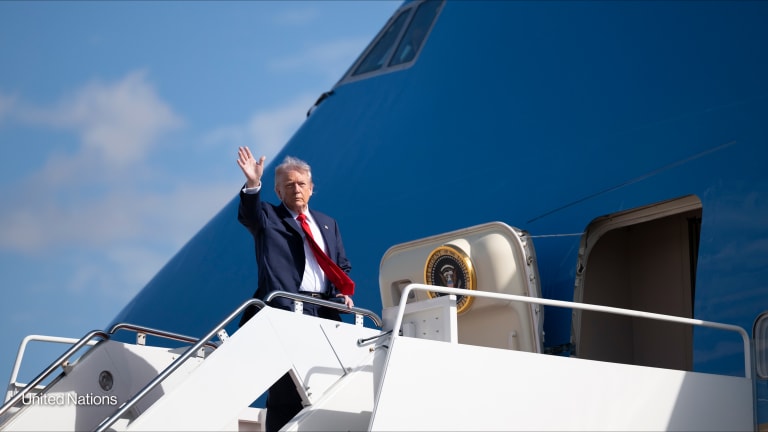A decade since the end of its 14-year civil war, Liberia remains a fragile state. The U.N. Security Council continues to occupy the country with a large military presence of approximately 8,000 peacekeepers. The crippling effects of the civil war have led to a lack of institutional capacity in the delivery of health interventions and other basic services. Liberia has a high infant and maternal mortality rate, while clean water and adequate levels of sanitation remain unattainable in most parts of the country. The civil war also left Liberia with damaged infrastructure, further increasing the vulnerability of its population.
The U.K. Department for International Development has committed continued support for the Liberian government, with particular focus on improving the delivery of health care, and increasing access to clean water and sanitation services throughout the country. DfID regards these priority sectors as essential pillars for Liberia to continue attracting international private sector investors into the country and further stimulate its economy.
Funding levels
This story is forDevex Promembers
Unlock this story now with a 15-day free trial of Devex Pro.
With a Devex Pro subscription you'll get access to deeper analysis and exclusive insights from our reporters and analysts.
Start my free trialRequest a group subscription







